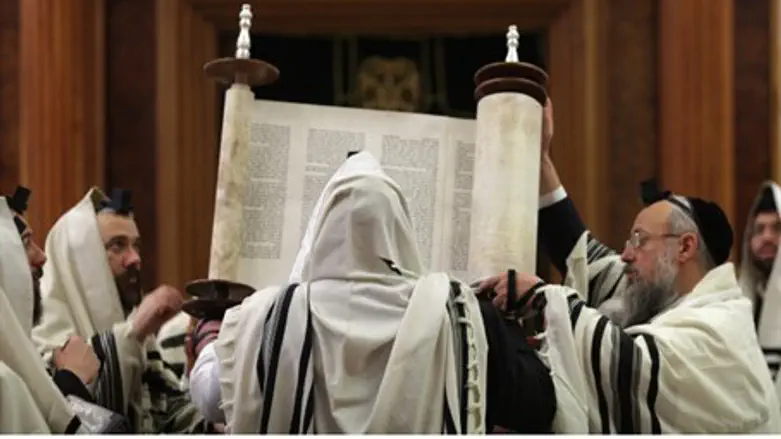
Although it sounds strange in this day and age, there are still kibbutzim in Israel that do not have synagogues – and one of them, Kibbutz Ma'ayan Baruch in northern Israel, intends to keep it that way, despite demands by new residents of the kibbutz to build one.
Most prominent among the residents of the kibbutz who would like a synagogue to be built is Shimon Hadari, the coach of the Hapoel Akko soccer team, which is in Israel's top soccer league. As a traditional Jew, Hadari is seeking to have a synagogue built in the kibbutz, where he has lived for the past eight months.
Although he lives at the kibbutz, Hadari and several dozen other families are not members, but private homeowners who bought plots of land for a community development on lands belonging to the kibbutz. The kibbutz acts as a local authority to these homeowners.
Hadari developed a building and organization plan for a synagogue at the kibbutz, and after a long and often loud public discussion, members of the kibbutz turned the plan down. “I was shocked at this opposition,” Hadari told Arutz Sheva. “I did not believe that Jews in the Land of Israel would fight against something like this. They made me promise that there would be no 'religious coercion' or outside involvement in running the synagogue, something I cannot imagine having to do even in an Arab village.
But they still turned it down,” he said. “On the day of the voting they brought down old people in wheelchairs to vote against the synagogue.” In the end, the vote was 84 against and 68 in favor. “In my darkest dreams I never imagined this happening. In the Holocaust people died in order to pray, and here they fight against prayer.” Hadari said that he and his supporters were circulating an Internet petition, hoping to garner tens of thousands of signatures from around Israel and the world. “We will not let them rest, and I promise there will be a synagogue here.”
Meanwhile, Hadari has obtained a Torah scroll, with Shabbat services held in private homes. “Forty two percent of the people here are traditional and want a synagogue. Although I consider myself secular, I feel I owe it to G-d to establish a synagogue here, and it will definitely be done.”
Gal Sa'ar, the head of community issues in the kibbutz, had no comment when approached by Arutz Sheva.